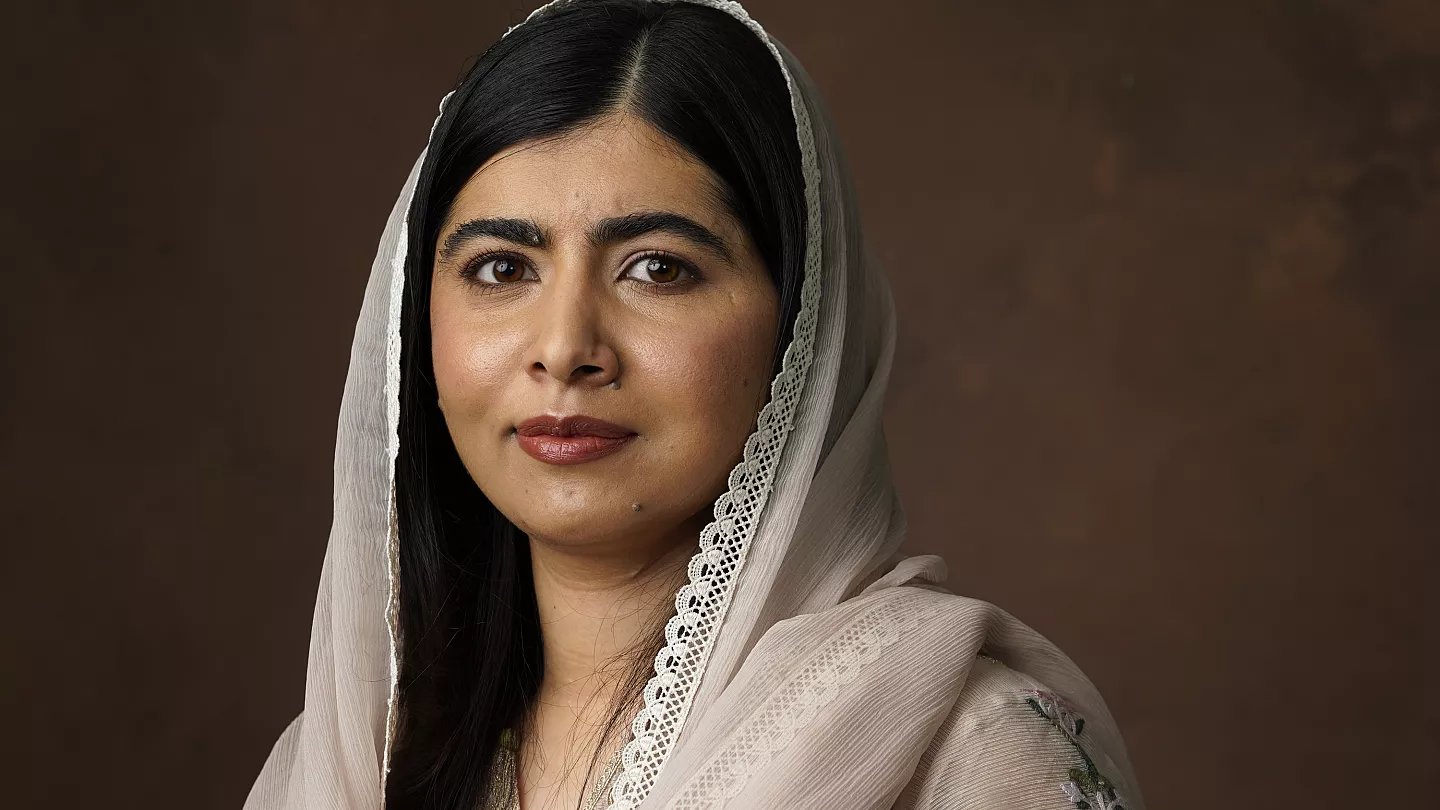Malala Yousafzai’s remarkable journey from a young girl advocating for girls’ education in Pakistan to becoming the youngest-ever Nobel Prize laureate is a powerful story of courage, perseverance, and hope in the face of adversity.
Early Life
Malala Yousafzai was born on July 12, 1997, in Mingora, the largest city in the Swat Valley, Pakistan. She comes from a relatively progressive family; her father, Ziauddin Yousafzai, was a school owner and an outspoken advocate for education. He encouraged Malala to pursue education, and she became an avid learner.
From a young age, Malala was aware of the importance of education, and her father often supported her in speaking out on this issue. Her mother, though not formally educated, was a supportive figure in her life.
Rising Advocacy
When Malala was just 11 years old, the Taliban began to take control of parts of the Swat Valley, imposing strict regulations, including banning girls from attending school. This period marked a turning point for Malala, as she became more vocal about the importance of girls’ education.
In early 2009, Malala began writing a blog under a pseudonym for the BBC Urdu, where she detailed her life under Taliban rule. The blog chronicled the fear and challenges she and other girls faced, but it also expressed her passion for continuing her education despite the dangers. She wrote about the Taliban’s oppressive rule and how it affected her and other girls’ ability to attend school.
The Attack
Malala’s outspoken advocacy gained international attention, but it also made her a target. On October 9, 2012, as Malala was returning home from school on a bus with her friends, a Taliban gunman boarded the bus, asked for her by name, and shot her in the head at point-blank range.
The shooting was an attempt to silence Malala’s voice and deter her from continuing to speak out for girls’ education. However, it only increased her visibility globally.
Recovery and Global Advocacy
Malala was initially taken to a local hospital, but her condition was critical, and she was later transferred to the United Kingdom for further treatment. After several surgeries and months of recovery, Malala miraculously survived the attack.
During her recovery, Malala’s resolve to continue advocating for girls’ education only grew stronger. She became a global symbol of resistance to oppression and a champion for human rights. In 2013, Malala co-authored her memoir, I Am Malala: The Girl Who Stood Up for Education and Was Shot by the Taliban, which became a bestseller and helped further amplify her message.
The Malala Fund and Global Impact
Malala co-founded the Malala Fund, an organization dedicated to advocating for girls’ education and empowering young girls to achieve their potential. The fund works globally to provide education opportunities in regions where girls are most at risk of being left out of school due to poverty, gender discrimination, and conflict.
In 2014, at the age of 17, Malala became the youngest-ever recipient of the Nobel Peace Prize for her work in advocating for the rights of girls and women worldwide.
Continuing the Fight
Malala has continued her advocacy, speaking at global platforms such as the United Nations, where she delivered an inspiring speech on her 16th birthday, which has since become known as “Malala Day.” She continues to push for global education reforms, speaking with world leaders and attending international forums on education and human rights.
Education and Personal Life
Despite her global fame, Malala has maintained a focus on her personal growth and education. She studied at the University of Oxford, where she graduated in 2020 with a degree in Philosophy, Politics, and Economics (PPE). She has continued to speak out for educational equality, particularly in regions where girls still face barriers to education.
Legacy
Malala’s story continues to inspire millions of people worldwide, especially girls, to stand up for their rights and pursue their dreams despite the obstacles they may face. She has received numerous honors and awards and has been featured on Time magazine’s list of the 100 most influential people multiple times.
Through her bravery, determination, and unyielding commitment to education, Malala has become a powerful symbol of the importance of education and equality for girls and women everywhere.
Her life’s work serves as a reminder of the importance of education, the power of activism, and the ability of one person to make a profound impact on the world.





